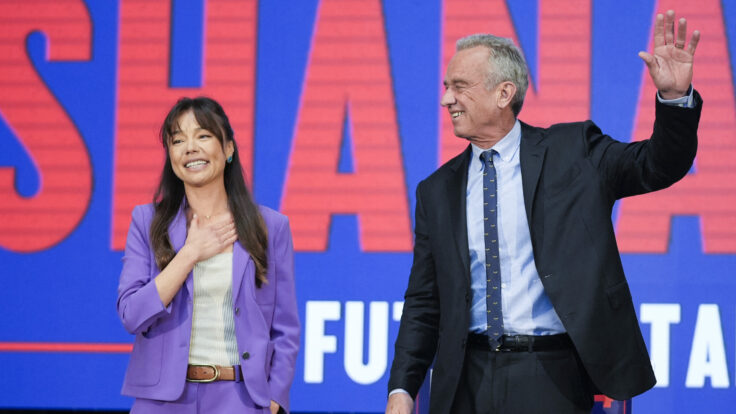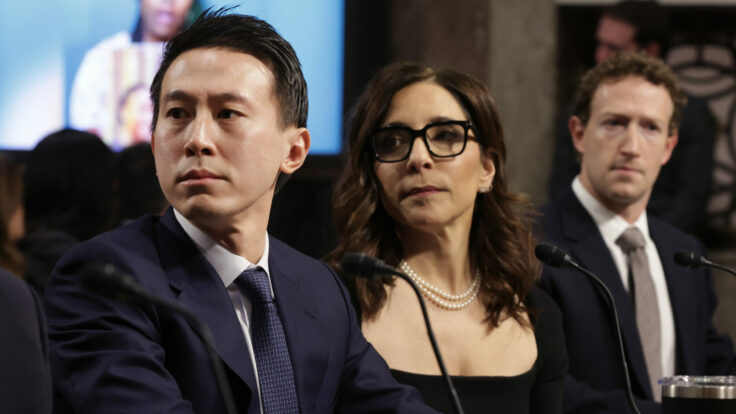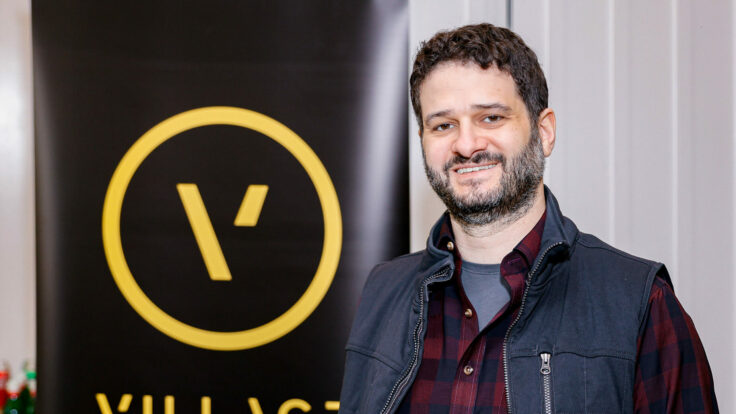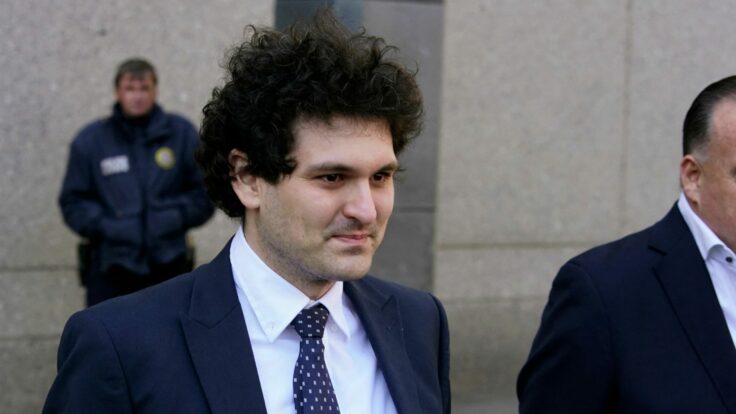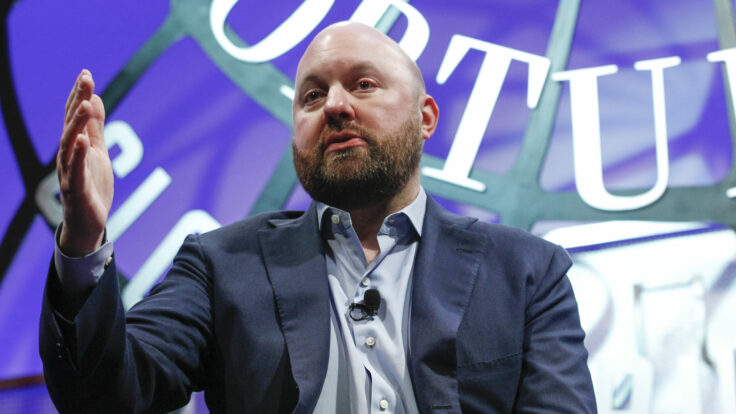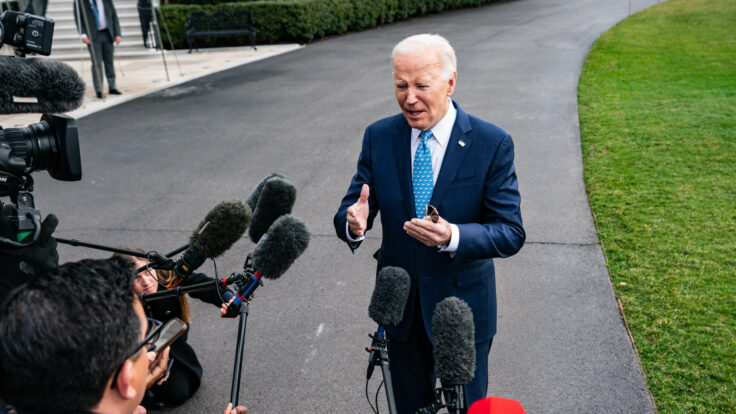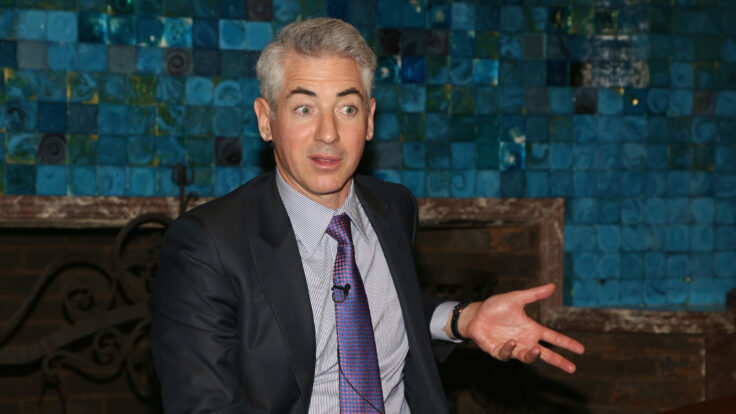There are few more fascinating figures in our zeitgeist than Sam Bankman-Fried, the 30-year-old crypto billionaire and FTX founder whose personal ambitions range from politics to media to, of course, the frontiers of digital finance. Over the past several weeks, Bankman-Fried has aggressively expanded his influence over the embattled crypto industry, saving rival firms from insolvency on financial terms that could double or triple his fortune, if ever the crypto market ever bounces back. A Bloomberg television chyron on Tuesday afternoon captured the vibes: “BANKMAN-FRIED RIDES TO THE RESCUE.”
On the political front, however, S.B.F. keeps racking up blaring defeats. First, there was the record $12 million that he spent trying to elect Carrick Flynn, a political neophyte congressional candidate who got creamed in Oregon. Then, in a less-noticed but equally seismic political whiff, S.B.F. and his team spent another $12 million or so that, for now, just disappeared into the electoral ether. On Friday, it became clear that a California ballot initiative supported by S.B.F.’s lobbying group, Guarding Against Pandemics, wouldn’t qualify for the 2022 ballot, despite over $21 million in campaign money behind the effort, including about $9 million from Open Phil, the philanthropy of Facebook co-founder Dustin Moskovitz and his wife, Cari Tuna.








